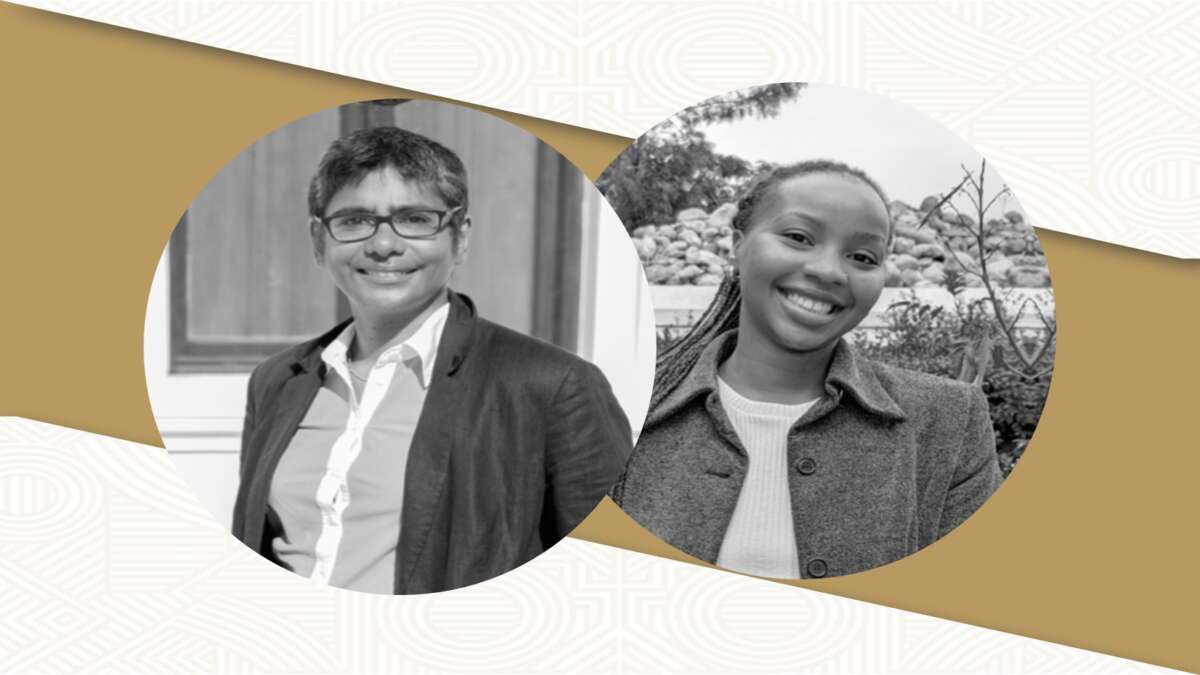In this instalment of the masterclass, Gratia Aimee Ilibagiza is in conversation with Professor Azrini Wahidin as she shares her experience of conducting research with prisoners, her feminist praxis, and the processes of reparative knowledge. This episode is regarded as an extension of the AVReQ series on sensitive research, creating new ethics for social justice research, and draws on Azrini’s experience in the field. Prof Azrini thematically charts her experience of conducting research with prisoners, sex offenders, the LGBTQI community in prison, and death row offenders (about the meaning of death and dying) in England, Wales, and the U.S.A. Prof Azrini furthermore reflected on what it means to be in such spaces as a researcher and entering this very particular field of trauma.
Professor Azrini Wahidin from the University of Warwick, is the author of 13 co-edited books, 3 monographs and numerous articles. She is a Fellow of Academy of Social Sciences, and for the latest Research Exercise Framework of 2021, was a panel member for Social Policy and Social Work UOA 20. She is a feminist researcher and is the current Chair of the Ethics Committee for the British Society of Criminology. She was responsible for writing the Statement of the Ethics for the BSC and has written on the subject of ethics and the dilemmas of researching sensitive issues. Her latest book, ‘Under Siege: The role of women in liberation movements under the Apartheid regime and the transition to peace’, builds on a body of work on female ex-combatants, the legacy of Conflict, transition justice, peace and reconciliation.
Gratia Aimee Ilibagiza is an MA student in Social Anthropology at Stellenbosch University. She describes herself as a creative improvisor, Rwandan traditional dance practitioner, and feminist. Her research interests include questions of identity, embodiment and belonging amongst Rwandan refugees living in exile, through the lens of cultural dance and performance. Gratia is dedicated to and interested in educational spaces, where she can apply her knowledge and skills as contributions to collective growth and healing. She was part of the inaugural cohort of the Zanele Mbeki Fellowship program and received the Mellon Mays Undergraduate Fellowship, previously at Wits University, where she attained her undergraduate qualifications.
